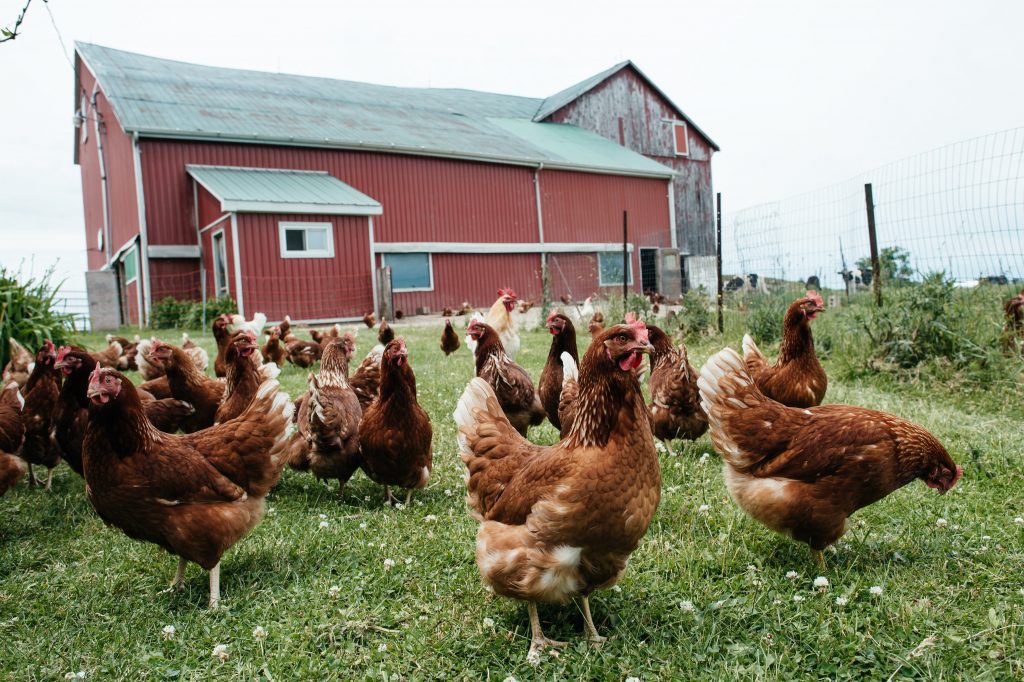
Yorkshire Valley Farms launches organic pasture egg program for the 2017 season
By Yorkshire Valley Farms
Features Companies Profiles Animal Housing Animal Welfare Canada Company News Livestock Production Nutrition Poultry Production Profiles Success in Agriculture video Hens have access to an organically-managed pasture area on a daily basis during pasture season, weather permitting. Yorkshire Valley Farms
Hens have access to an organically-managed pasture area on a daily basis during pasture season, weather permitting. Yorkshire Valley FarmsJune 29, 2017, Toronto, Ont. – Yorkshire Valley Farms is pleased to launch its organic pasture-raised egg program for the 2017 season.
In addition to following organic practices, farmers in the pasture-raised program provide an enhanced pasture area for hens to forage outdoors. As with all Yorkshire Valley Farms laying hens, the pasture birds enjoy organic non-GMO feed and a cage-free environment in which to lay their eggs.
Since ‘pasture-raised’ is not a defined labelling term in Canada, Yorkshire Valley Farms set about to create a set of standards to which all participating pasture farmers must adhere.
These pasture-raised criteria incorporate the organic standards, while also requiring that hens spend a minimum of 6 hours outdoors per day, weather permitting, in an organically-managed pasture that offers at least 20 ft2 (1.85m2) per hen.
The realities of the Ontario climate mean that this enhanced pasture access can only be ensured for a limited period each year. The pasture program generally runs from late May to October and the eggs are offered as a special seasonal offering.
When consumers buy a Yorkshire Valley Farms product labelled ‘pasture’, they are getting a product that comes from animals that have truly spent time outdoors, foraging on pasture.
In 2016, CBC Marketplace conducted nutritional analysis of a range of eggs and found that eggs from hens that spend time on pasture have higher concentrations of fat-soluble vitamins and omega-3 fatty acids. In particular, eggs from Yorkshire Valley Farms growers had more than double the amount of vitamin D, 3.5 times more vitamin E, and were the lowest in saturated fat compared to other eggs included in the sample set.
Print this page